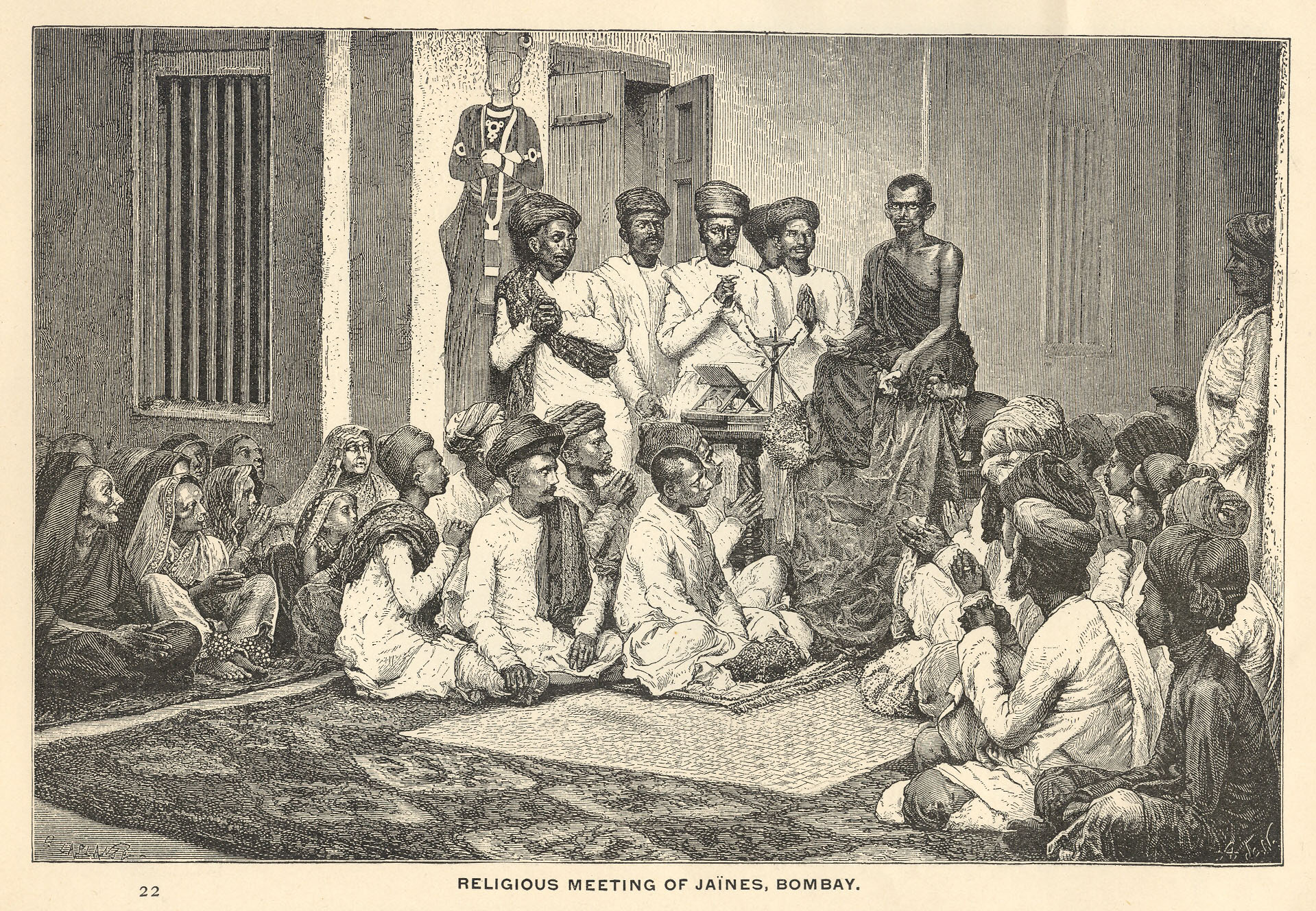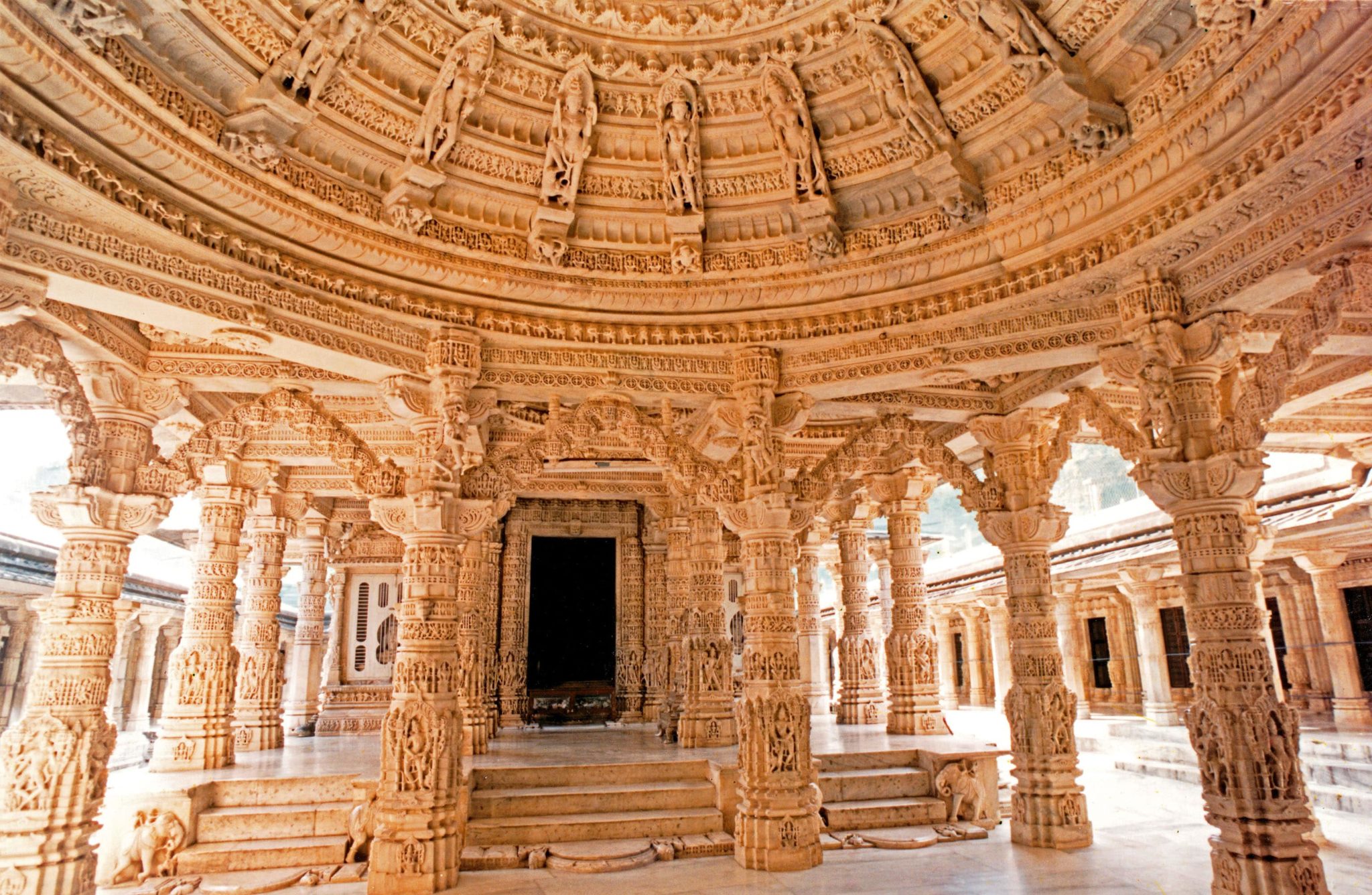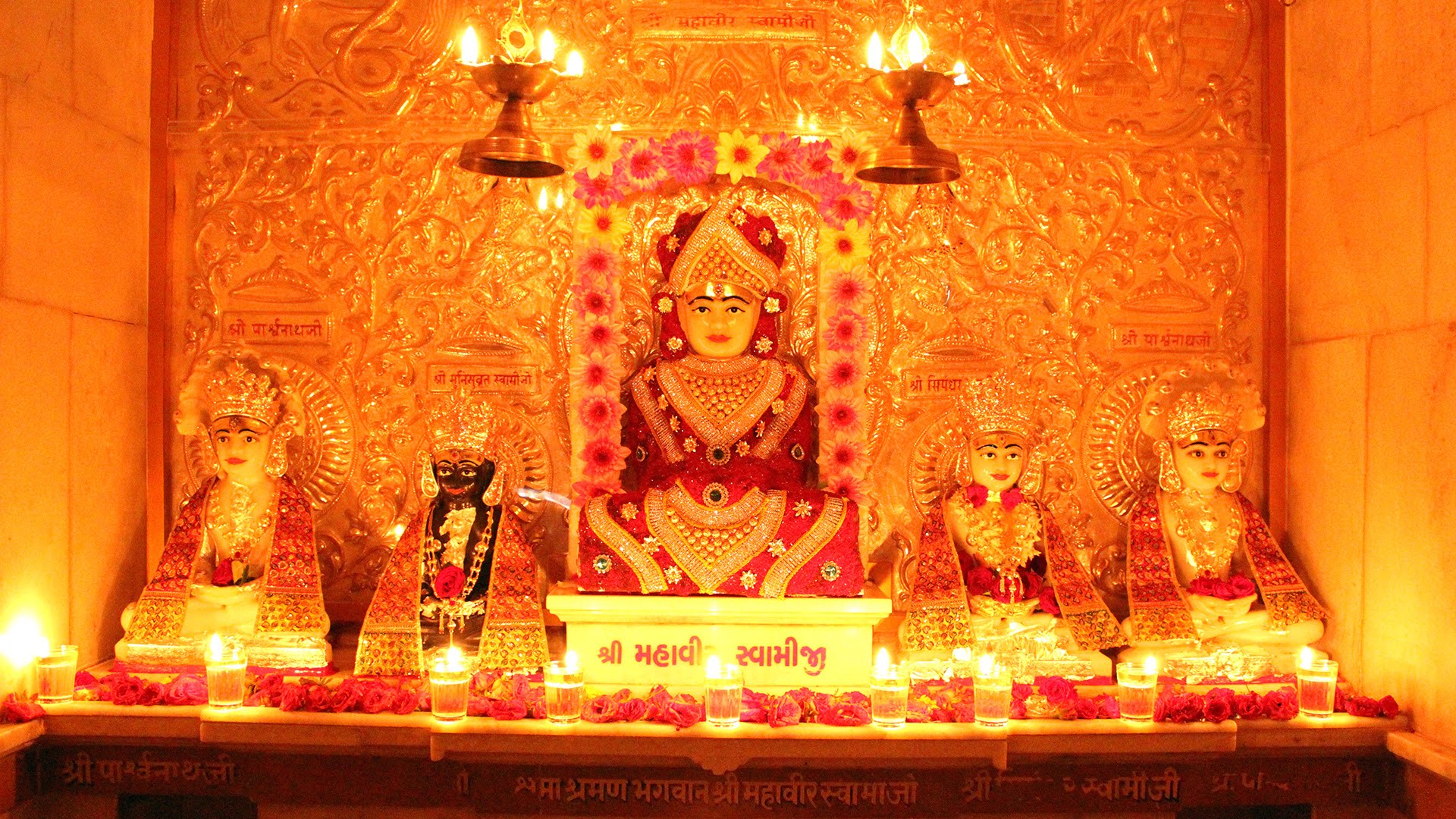Know About Jains-Their Religion, Beliefs, Principles And The Non-Violent Way Of Life
Buddhism and Jainism stemmed during an era when Hindus got fed up with the caste system. Both these religions were very accepting and didn’t resort to dividing people on the basis of occupation or skin colour. These religions inculcate love for one and all, including the single-celled creatures. In a nutshell, both these religions take to ‘Ahimsa’ (the non-violent way).
Buddhism is relatively easy to follow; Jainism takes to a
severer route, automatically limiting its patrons which are precisely why the number of Jain followers dwindled considerably, giving way for Buddhism to rise.

Image Source: Jainpedia
The scientific logic
Jainism is considered as one of the most scientific religions. It is believed that during the monsoon germs and bacteria multiply at a rocket-fuelled pace. These germs and bacteria feed on the vegetation, in turn, contaminating the product. The above-mentioned reason is precisely why Jains go off roots and shoots. Most Jains start refraining from consuming roots from the very onset of monsoon till fifteen days after Diwali, marking the end of ‘Chaumasa’ or the four-month monsoon period. But during the eight days of ‘Paryusana’, since the multiplication of these germs and bacteria is at its peak, most give up eating the roots and shoots completely.
Text stated
According to ‘Jain Aagam’ (sacred Jain Texts), it is believed that every course of action is sinful. Even as we walk or talk or breathe for that matter, we are robbing single-celled creatures of its right to live. To make up for all these sins in the course of the year (and more), the Jains observe an eight-day religious festival called ‘Paryushana’. The eight-day festival ends on the ‘Bhadrapada Shukla Chathurti’ (Same day as Ganesh Chathurti). Jain ‘Derasar’s’ (Place of worship) is a delightful sight at this time of the year. The decorations are overwhelming. Idols are dressed in real gold and diamonds, inviting a
festive spirit.
Evolving with the Jain way of life
As a child, I would simply dread the arrival of this religious festival. It would mean abstaining from any form of vegetables, and fruits, consuming meals before sunset (and not having even a drop of water after the meals were taken). This especially includes the root vegetables. Yes, during these eight days most Jains resort to a diet of lentils and grains. Indeed it is a high protein diet, that allows you to cleanse your system, but can prove to become cumbersome if not properly observed. Some ardent Jain’s abstain from consuming any solids during these eight days and live off boiled water during this time. Some even cut down on the meals.

Image Source: Fiesta Vacations - Outside of a Jain Temple
The breaking of the fast
For those who have refrained from consuming even a single meal during this period, family and friends come together, cheerfully helping the individual break their fast with saffron water, or even boiled lentil water. It is believed that after eight days of fasting, ones’ intestines have shrunk considerably, and going on a liquid diet will not only help one cleanse the toxins and revitalize their system.
The festival ends on a sweet note where people shout out ‘Micchami Dukkhadum’ to family, friends and foe, seeking forgiveness if in the attempt they have knowingly or unknowingly hurt someone.
The Downside
Jainism is very extreme in orientation. However what upsets me most is when parents encourage their kids to fast completely for eight days. Most children admittedly state that they do this in order to keep from studies, but more than anything, have parents really thought how they are unknowingly depriving their children of the required amounts of nutrition? Well, today we are living in a day and age of contamination, and any amount of nutrition is very precious for the human body. Parents and adults alike should understand that the fasting helped in the time when the produce was organic and there was a good amount of physical excretion to burn the toxins. Even today fasting is good but in its own limited way. Children should be encouraged to fast but not to take to the more rigorous variations. It also affects their physiological and psychological well being on the whole.
Ending Note
As I end I want to state that I don’t mean to hurt anyone’s sentiments in the way of educating people on Jainism. I will wind by stating ‘Micchami Dukkhadum’ in case I have hurt readers’ sentiments knowingly or unknowingly.
For more interesting Cultural articles, follow our online digital magazine
BananiVista. You can also “Like” and “Follow us” on
Facebook.





 Image Source: Jainpedia
Image Source: Jainpedia
 Image Source: Fiesta Vacations - Outside of a Jain Temple
Image Source: Fiesta Vacations - Outside of a Jain Temple